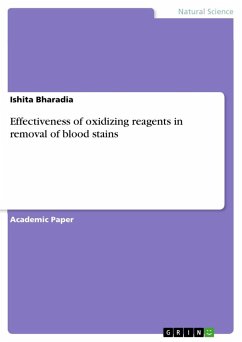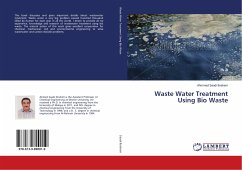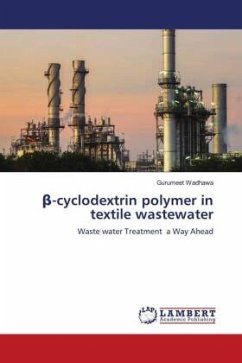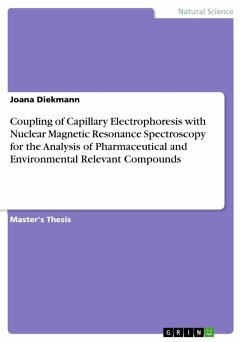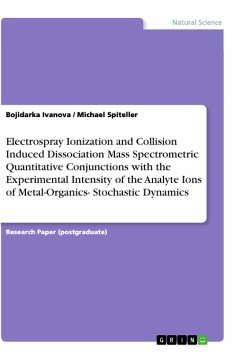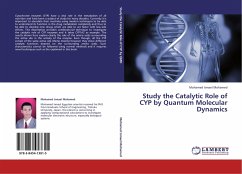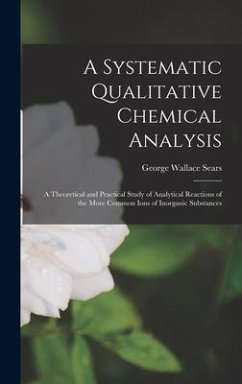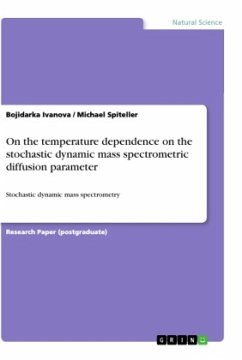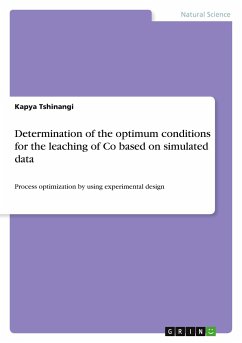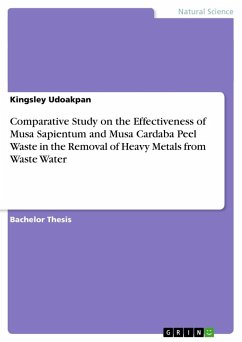
Comparative Study on the Effectiveness of Musa Sapientum and Musa Cardaba Peel Waste in the Removal of Heavy Metals from Waste Water

PAYBACK Punkte
0 °P sammeln!
Bachelor Thesis from the year 2011 in the subject Chemistry - Analytical Chemistry, grade: Publication, Michael Okpara University of Agriculture (College of Natural and Applied Sciences), course: Chemistry, language: English, abstract: Biosorption has been widely used as a more efficient alternative for the current expensive approach to heavy metal remediation from water and waste water. The effectiveness of ripe Musa sapientum (MSR) and ripe Musa cardaba (MCR) peels in the removal of Cd2+, Fe2+, Pb2+, Zn2+ ions was investigated. The amount of metal ions sorbed depended on the metal ion - adso...
Bachelor Thesis from the year 2011 in the subject Chemistry - Analytical Chemistry, grade: Publication, Michael Okpara University of Agriculture (College of Natural and Applied Sciences), course: Chemistry, language: English, abstract: Biosorption has been widely used as a more efficient alternative for the current expensive approach to heavy metal remediation from water and waste water. The effectiveness of ripe Musa sapientum (MSR) and ripe Musa cardaba (MCR) peels in the removal of Cd2+, Fe2+, Pb2+, Zn2+ ions was investigated. The amount of metal ions sorbed depended on the metal ion - adsorbent contact time, ion concentration and adsorbent weight. Weight of adsorbent was varied between 0.1 - 0.4g; contact time, 5 - 25 minutes; and ion concentration, 0.01 - 0.04M. The results indicated that Musa sapientum (Ripe) showed higher percentage sorption in removing metal ions from waste water than Musa cardaba (Ripe) peels. The peak percentage sorption of metal ions by MSR peel waste are; Cd2+ (99.95%), Fe2+ (100%), Pb2+ (100%), Zn2+ (99.92%) while metal ions by MCR peel waste was; Cd2+ (99.74%), Fe2+ (99.83%), Pb2+ (100%), Zn2+ (99.60%). The results obtained above showed that both adsorbent species are favourable for sorption and removal of the test heavy metals from their aqueous environment. Nevertheless, ripe Musa sapientum (MSR) is highly recommended for both Fe2+ and Pb2+ uptake due to its sorption capacity and efficiency.




